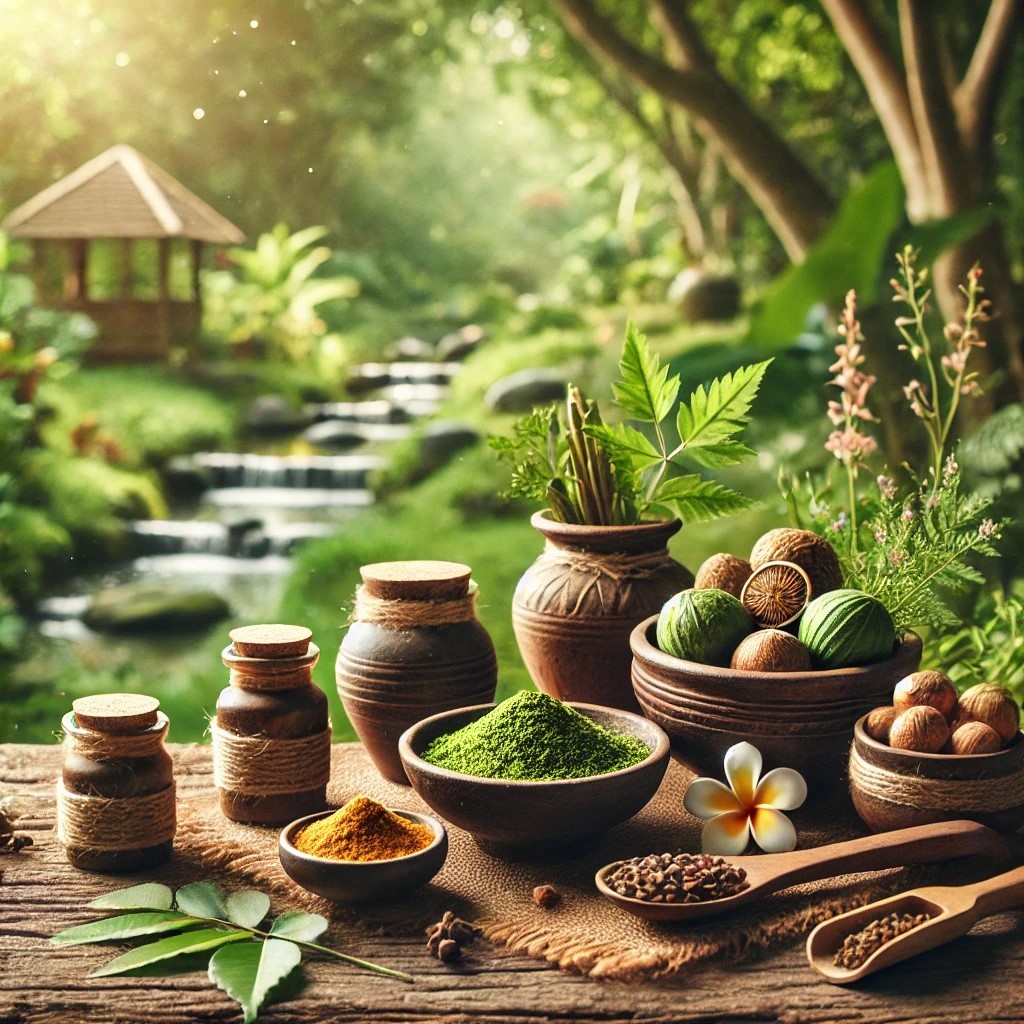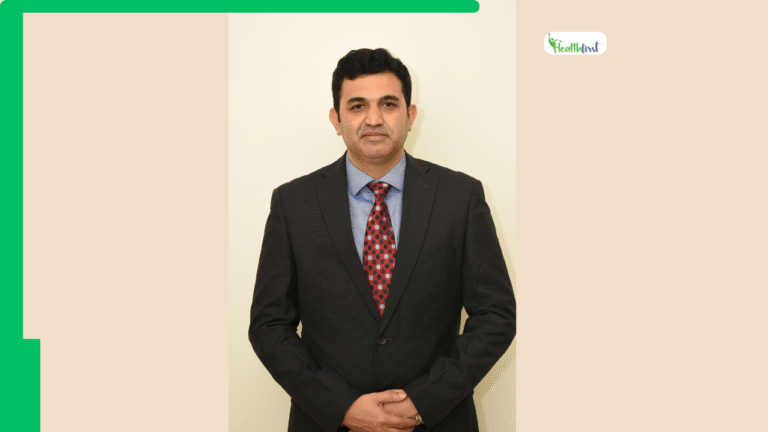With its natural cures for a wide range of illnesses and emphasis on internal well-being, Ayurveda has long been a mainstay of holistic medicine in India. Ayurvedic haircare practices are renowned for their caring approach, which improves the strength and condition of your hair. In a world where chemical-laden hair products are the norm, people are realizing how important it is to go back to more traditional, natural remedies. The goal of Ayurvedic haircare is to achieve mental and physical equilibrium, which results in hair that is both visually beautiful and richly nourished. This post will go over some of the best traditional Ayurvedic haircare techniques that will help you get your hair back to its original strength, shine, and vibrancy.
Body
- Ayurvedic Hair Oil’s Power Abhyanga
Oil massage is a crucial component of Ayurvedic wellbeing and hair care. Ayurveda states that the energy points on the scalp are intimately related to the body’s general state of health. Adding oils to these areas not only encourages hair development but also reduces stress, which is frequently a significant cause of hair issues.
Among the essential Ayurvedic oils for healthy hair are:
- The “king of herbs” for hair, bhringraj oil: This oil fortifies hair roots, encourages hair growth and stops hair loss. It works particularly well to prevent premature greying and to lessen dandruff.
- Amla Oil: Rich in antioxidants and vitamin C, amla oil is derived from Indian gooseberries. It works to stop hair loss, encourage hair growth, and give hair a healthy sheen.
- Brahmi oil: This oil strengthens hair follicles, prevents hair loss, and helps to relax the mind and improve memory.
Warm the oil slightly before applying it to your scalp to reap the full benefits. For ten to fifteen minutes, gently massage in circular motions to allow the oil to seep into the scalp. After leaving it on for at least an hour or overnight, rinse it off with a gentle shampoo devoid of sulphates. Strong and healthy hair can be achieved with a tried-and-true Ayurvedic regimen of oiling once or twice a week.
- Hair Masks with Herbs to Nourish
Herbal masks are regarded in Ayurveda as a revitalizing hair and scalp therapy. These masks address problems like dandruff, dryness, and thinning hair in addition to deeply conditioning the hair.
- Hibiscus Mask: It’s well known that hibiscus flowers and leaves can promote hair development and ward off split ends. Hibiscus leaves and petals can be made into a simple paste, which you can then apply to your scalp and hair by combining it with yoghurt or aloe vera gel. After 30 to 40 minutes, leave it on and rinse it off with lukewarm water.
- Fenugreek (also known as methi) Mask: Fenugreek is another traditional Ayurvedic herb that prevents hair loss, lessens dandruff and nourishes the scalp. Fenugreek seeds should be soaked overnight and then ground into a fine paste. Apply the mixture to your hair after incorporating some yoghurt or coconut oil. Before rinsing, let it stay for around thirty minutes.
- Amla and Shikakai Mask: For decades, Ayurvedic haircare has used these two ingredients together. Shikakai softly cleanses the scalp, while amla adds shine and strengthens the roots. Shakai and amla powder combined with water to make a paste can be used to make a mask. After applying it to your hair, let it sit for 20 to 30 minutes before washing it out. Over time, these masks leave your hair strong, silky, and soft since they deeply nourish it.
- Ayurvedic Shampoos
Using herbal rinses after hair washing is another crucial Ayurvedic haircare practice. Natural components that strengthen the roots, improve hair structure, and nourish the scalp are used to make these rinses.
- Neem Rinse: Neem is well-known for having antibacterial and antifungal qualities, which make it a great choice for treating dandruff and scalp infections. After shampooing, apply the cooled-down mixture that results from boiling a few neem leaves in water as a last rinse.
- Hibiscus Rinse: Hibiscus gives hair a natural shine and helps to reduce frizz. Hibiscus petals can be boiled in water, strained, and then used as a rinse to create a hibiscus spritz.
- Coconut Milk Rinse: Packed with vitamins and healthy fats, coconut milk fortifies and hydrates hair. For beautiful, silky hair, simply dilute fresh coconut milk with water and use it as a final rinse.
- The Ayurvedic Diet for Hair Health
According to Ayurveda, your diet has a significant impact on the health of your hair. Strong and healthy hair is mostly dependent on a balanced diet in addition to exterior treatments.
- Amla: Because amla contains a lot of vitamin C, eating it either fresh or dried will help to strengthen hair follicles and encourage growth.
- Sesame Seeds: Packed with important fatty acids, sesame seeds promote healthy hair development by nourishing the scalp.
- Leafy Greens: Iron and folate, two elements that are essential for preventing hair loss, are abundant in spinach, kale, and other leafy greens.
- Nuts and Seeds: Omega-3 fatty acids and biotin in almonds, flaxseeds, and walnuts strengthen hair and lessen breakage.
Including Ayurvedic Haircare in Your Current Regimen
Even though they seem labour-intensive, traditional Ayurvedic methods are easily incorporated into contemporary living. Here’s how to include weekly haircare routines inspired by Ayurvedic rituals without putting in hours on complex treatments:
- Daily Hair Oiling (Even in Small Amounts): You can streamline the habit of massaging your scalp by rubbing in a few drops of nourishing oil right before bed. A thorough massage can take a lot of time. Try rubbing your hairline and temples to ease tension and promote blood flow.
- Herbal Hair Masks: Try to apply an herbal mask once a week if your schedule doesn’t permit you to do so more frequently. Even better, you can prep the ingredients ahead of time. For example, soak the fenugreek seeds or make the hibiscus paste the night before. Allocate a weekend period to indulging your hair with a nutrient-rich mask.
- Rinse with Herbal Water: Use an Ayurvedic herbal rinse instead of your regular conditioner. After shampooing, give your hair a brief herbal rinse (with neem, hibiscus, or amla) to leave it naturally conditioned and strong, all without the need for additional style products.
- Mindful Eating: Ayurveda places a strong emphasis on diet because strong, healthy hair originates on the inside. Include foods that thicken hair, such as spinach, sesame seeds, and almonds, in your everyday diet. Over time, even a teaspoon of amla powder added to your smoothie can make a big difference in the strength of your hair.
The Emotional and Mental Benefits of Ayurvedic Haircare
Ayurveda takes a holistic approach to hair care, not simply the cosmetic aspects. It also highlights the significance of mental and emotional health, as these are closely related to the health of hair. Premature greying, dandruff, and hair loss are frequently caused by stress, anxiety, and mental exhaustion. Shiroabhyanga, or head massages derived from Ayurveda, not only promote healthy hair development but also ease tension, promote mental clarity, and enhance sleep quality. Engaging in these self-care practices regularly can significantly improve your general well-being. Applying a nutritious mask, rubbing your scalp, or washing with herbal water can all be transformed into contemplative routines that promote emotional and mental clarity.
Strong, healthy hair can be promoted naturally and sustainably with the help of Ayurvedic haircare practices. These tried-and-true methods, such as oil massages, herbal masks, and rinses, can improve your hair’s general health and lessen your dependency on artificial products. Ayurveda’s holistic approach to hair care makes it so beautiful; in addition to focusing on exterior hair health, it promotes a healthy diet supporting hair from the inside out. In a world where many contemporary haircare products have a long list of negative side effects, using age-old Ayurvedic procedures can help your hair naturally regain its balance, avoid damage, and become more vibrant. Accept these methods and allow the ancient knowledge of Ayurveda to work wonders for your hair.









